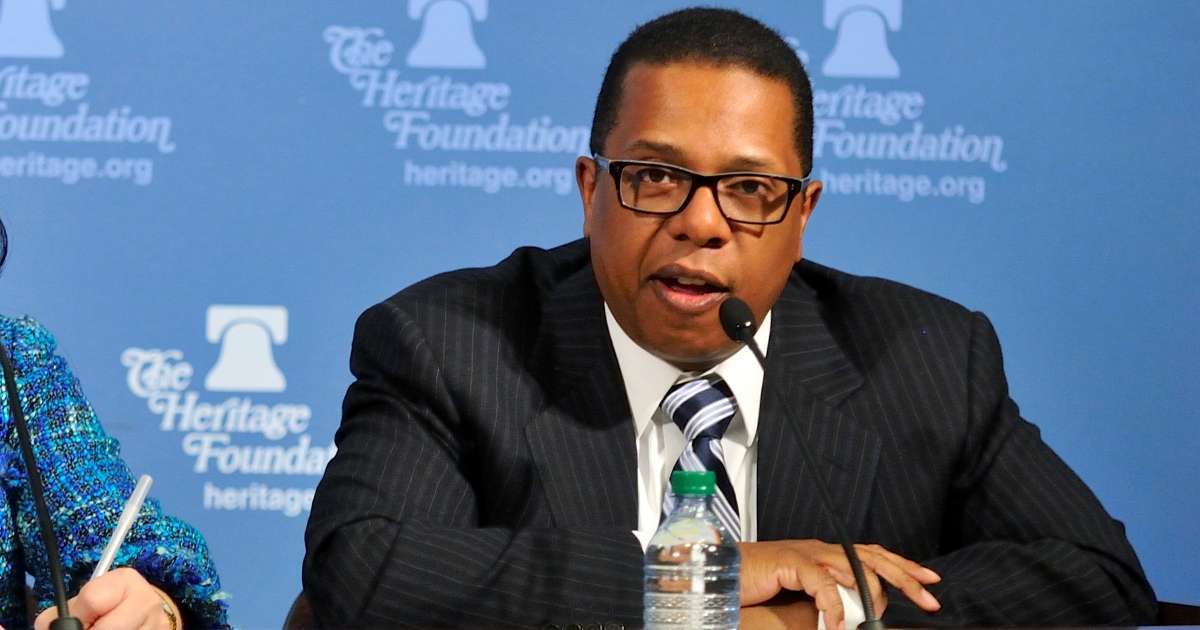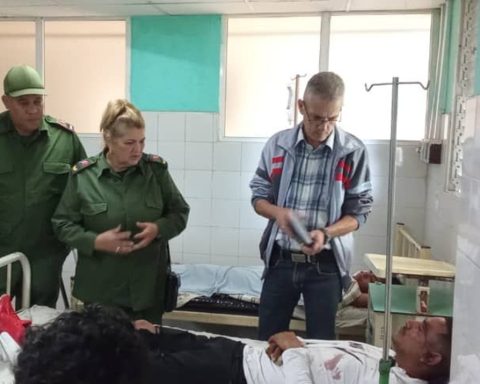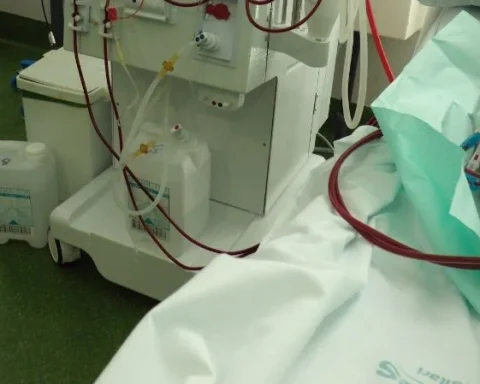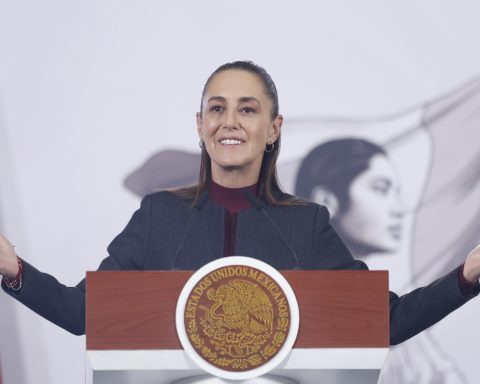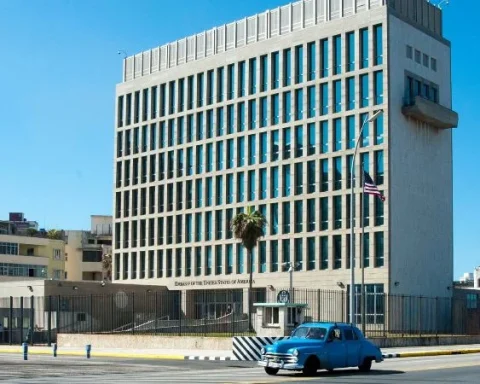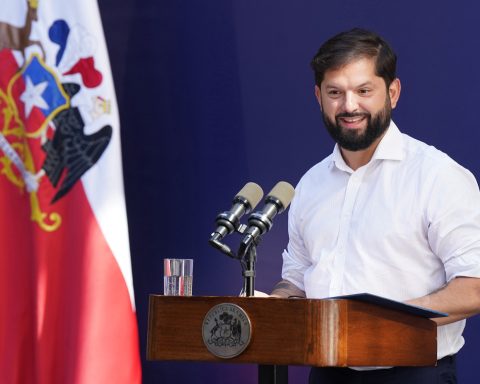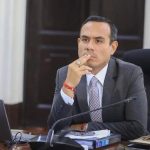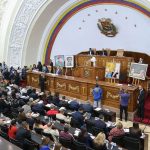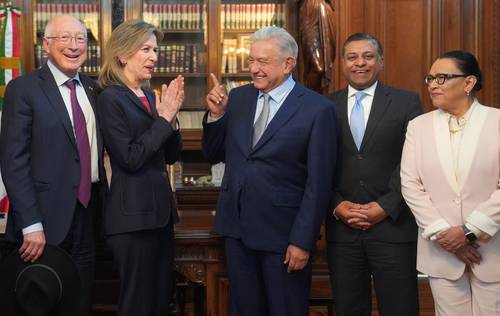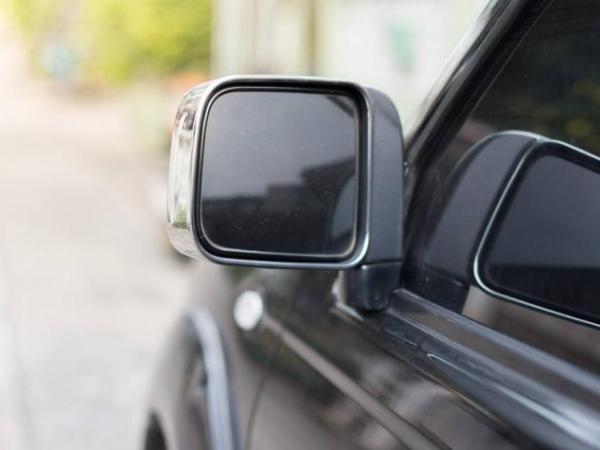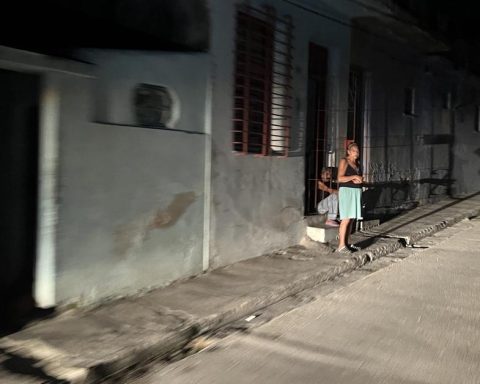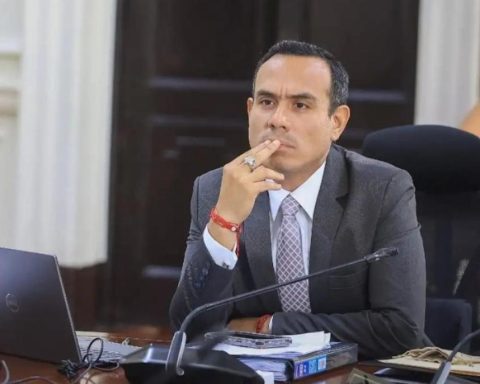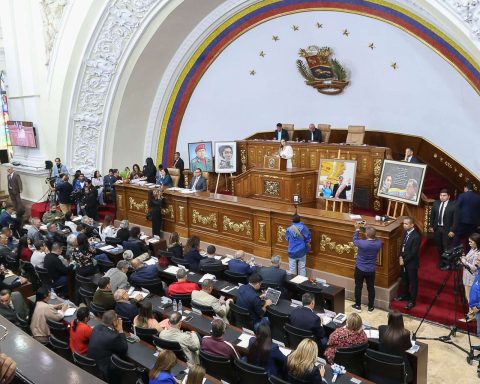The Biden administration opened the door to the possibility of receiving in its territory opponents Cubans who are currently imprisoned on the island.
“While we strongly oppose forced exile, the United States will not turn its back on political prisoners, and if they want to come to the United States, we will explore the avenues available under US law to welcome them,” the Under Secretary of State for State Affairs said this week. Western Hemisphere, Brian A Nichols.
In an intervention at Florida International University (FIU), Nichols stated that “publicly – and privately in conversations with Cuban officials – the United States government continues to demand (the Cuban government) the release of political prisoners.”
However, he did not specify if both executives are currently negotiating the possible release of imprisoned opponents, whom Havana does not consider as political prisoners, and for whose release international organizations and institutions such as the Catholic Church and the European Union.
Catholic Church supports release of those convicted of 9/11, says Pope’s envoy to Cuba
Instead, he confirmed that the Washington Embassy in Havana “maintains constant communication with the island’s dissident community, including the families of political prisoners,” whom he described as “incredibly brave people, who face extremely difficult conditions.” ”.
The official cited NGOs, which, he said, estimate that more than 700 protesters from the July 2021 anti-government protests in Cuba “they are among the more than 1,000 political prisoners who remain behind bars today.”
These protesters have been tried and sentenced on the island —in many cases to long prison terms— for crimes such as sedition, assault, contempt, public disorder and incitement to commit a crime, after their participation in the protests.
The pronouncement of the Under Secretary of State for Western Hemisphere Affairs takes place after last year Washington and Havana had some official contacts after the setback in bilateral relations imposed by the Trump administration.
In addition, it occurs one month after the Nicaraguan government release and deport more than 200 opponents to the United States, a measure that the State Department described as “positive and welcome.”
In his presentation at FIU, Nichols also elaborated on the Biden administration’s current policy towards Cuba.
In that sense, he first mentioned human rights, as well as the establishment of “meaningful ways to support the Cuban people while limiting the benefits” for the Cuban government, which he called a “regime.”
On one of the topics of the hour, migration policy, he pointed out that his government has been working “to expand safe and legal migration options.”
“Our embassy in Havana is now fully open for the processing of immigrant visas and the United States Citizenship and Immigration Services have resumed processing under the Cuban Family Reunification Program,” he confirmed.
In addition, the official celebrated that the Biden administration took “the very bold and innovative step of launching a new program of parole Humanitarian Act, by which up to 30,000 people from Cuba, Venezuela, Nicaragua and Haiti can enter US territory each month.
According to him, to date “some 10,000 Cubans have successfully used the program,” through which “Cubans of all walks of life have benefited, including members of the human rights community.”
Consequently, he asserted, “since the launch of the parole program in particular, the number of Cuban migrants attempting dangerous irregular migration has plummeted.”
“Recognizing that it is still early days, we are pleased to see Cuban families choosing these legal options,” he said.
On the other hand, he reiterated that his government supports the emerging Cuban private company, with the objective of “supporting greater freedom and expanding economic opportunities.”
“We are working,” he continued, “to expand access to technological tools and services that will allow pioneering Cuban entrepreneurs to start or grow their businesses and prosper in the global digital economy, which will create jobs and opportunities for the people Cuban”.
“While we apply these measures,” he stressed, “we will continue to ask the Cuban regime to respect the human rights and fundamental freedoms of all Cubans and unconditionally release all political prisoners.” And he made clear the reasons for the talks with the island’s authorities: “To support the Cuban people and protect the national interests of the United States, we also maintain direct relations with the regime when it interests us.”
“This engagement includes talks on migration, scientific and technical cooperation, including maritime and air safety, and food and animal health protocols. It also includes, where appropriate, police cooperation, ”he explained.
“The United States will consider all available options to continue supporting the Cuban people in their demand for greater freedom, access to resources, and respect for human rights,” he concluded.
